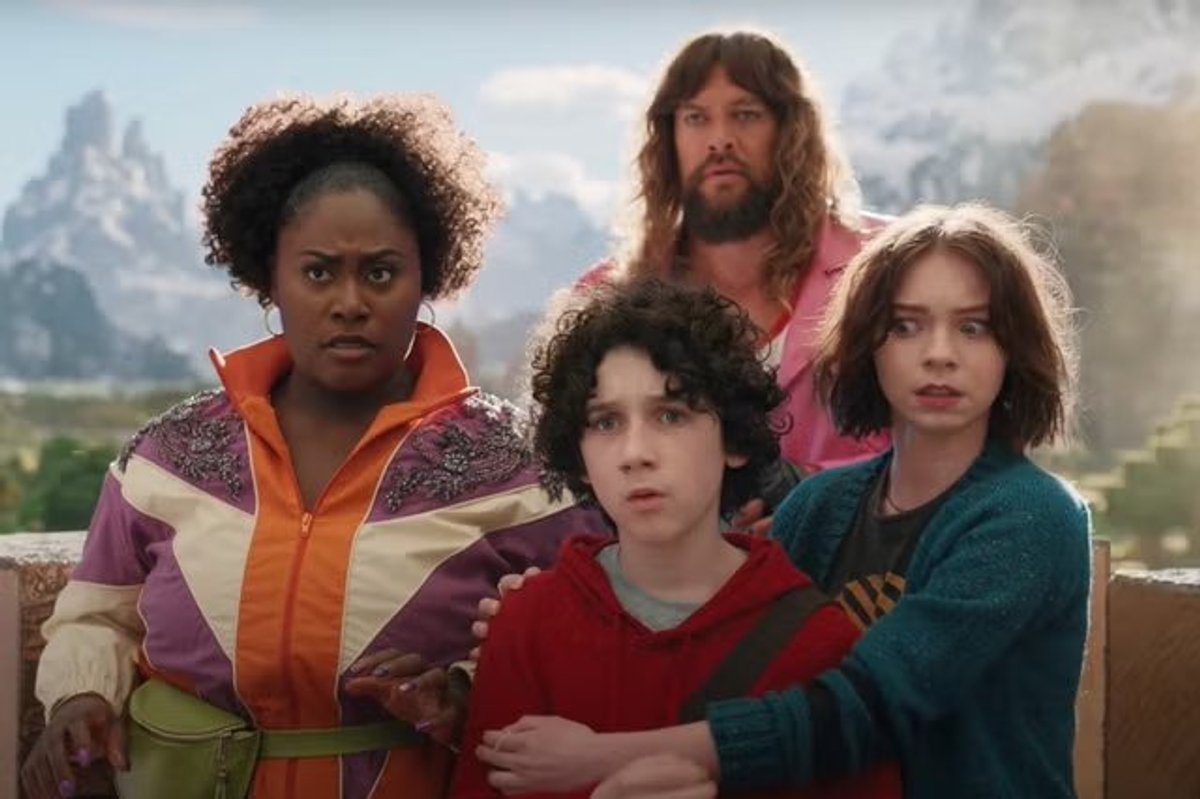News
Sinead Butler
Apr 19, 2021

A screenshot from the consent video shows a woman smearing milkshake on a man’s face.
The Good Society
The Australian government has been slammed for its new official video for school students to educate them about consent.
It was created by The Good Society which is funded by the Australian Government Department of Education, Skills and Employment.
The ‘Moving The Line’ clip is certainly an interesting seven-minute experience.
An analogy using milkshakes was included in the video to explain the boundaries of consent to students.
At the beginning of the video, the narrator says: “To cross into the action zone, both people must agree.” A man and woman then sit down with two milkshakes. The woman asks if the man wants to try her drink and he says yes, but he likes his own milkshake more than hers.
Read more:
- Woman speechless after hairdresser edits selfie of her new hairstyle
- Heartbreaking picture shows Queen sitting alone ahead of Philip’s funeral – here’s how the Internet reacted
- Neighbour’s note urging woman to dump ‘whiny’ boyfriend sparks domestic abuse debate
- The 18 best memes and reactions as M&S declares war on Aldi over Colin the Caterpillar
- Reddit just realized that Jerry Seinfeld’s TV apartment defies the laws of science
The woman gets very offended by this and decides to take out a chunk of ice cream from her milkshake and smears it into his confused face.
(Don’t worry we’re just as confused.)
The voiceover then comes in and says: “This is what we call ‘moving the line,’” and uses this example to show how people should respect other’s wishes and not ‘move the line’ in order to get them to agree with you.
In a bid to compare how some decisions are more important than others, the narrator compares deciding to get pizza to someone asking: “Can I touch your butt?”
The overall pacing of the video along with the different analogies makes it difficult to keep up with the underlining theme of the video and how it relates to sexual consent.
Other bizarre moments in the video include a bit about how tacos can’t give consent because they’re inanimate objects and a woman being worried about swimming with sharks.
Of course, the video has been ridiculed and roasted online:
End Rape on Campus Australia’s Karen Willis told news.com.au instead of giving analogies to students when discussing sexual assault, discussions should be plain and simple.
"Young people are more sophisticated than this content gives them credit for. And sex and consent is far more complicated than videos about milkshakes and sharks at the beach," Ms Willis said.
"These resources fall well short of the national standards, and what experts know is needed to actually change behaviours and prevent abuse."
Sharna Bremner, the group’s founder, added the video fails to cater for students who may have already experienced sexual assault.
"We know that in classrooms of senior students, there will be many who have already experienced rape," she said.
"This resource fails to properly consider there may be a survivor in the classroom, and even includes inaccurate and inadequate information on avenues for support and reporting."
Top 100
The Conversation (0)













